Focusing the lens on Indigenous filmmakers with Lindsay McIntyre
Concordia alumnus gains mentorship for her first feature film
From creating short experimental films to attending workshops for accomplished directors, Lindsay McIntyre is a filmmaker of Inuk and Scottish settler descent. The Concordia alumnus is working to make her first feature film a reality.
While working on her upcoming feature, McIntyre also works as a professor at Emily Carr University of Art and Design in Vancouver. Through an application process, the filmmaker got the opportunity to work with Women in View.
Women in View is a Canadian non-profit organization created with the sole goal to bring forth gender representation and diversity in Canadian media. One of their latest projects, the Five in Focus: Indigenous program, seeks to promote Indigenous women-identifying and non-binary filmmakers by providing a tailor-made program that will guide them towards successful filmmaking.
This particular edition of Five in Focus was created specifically for Indigenous filmmakers to be mentored by Indigenous women. McIntyre shared how that is the most valuable and wonderful part of the program for her, as she finds it incredible to be able to learn from Indigenous women who have already navigated all of the challenges of their industry.
The program is tailored to fit the participants’ needs, giving them an opportunity to learn about what they might need from the industry, in order to move forward with their projects.
Aside from the mentorship that they will receive, another big part of the program is the master classes the participants will attend. The classes will focus on specific subjects the directors might need to know, such as exploring the topic of the director-producer and director-composer relationships.
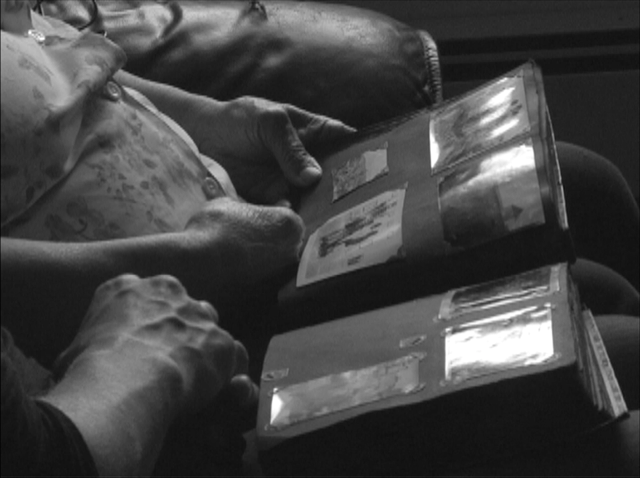
“We are going to go through a couple of case studies, which are sort of like a deep dive into the parameters around the production of a couple of films that some of our mentors made,” she said, naming Tracey Deer’s 2020 film Beans and Elle-Máijá Tailfeathers’ The Body Remembers When The World Broke Open from 2019.
“I’ve heard lots about the way in which both of these productions took place, from various people, places, and sources and they really stand out as shining examples of how things should be done, especially in terms of working [...] with Indigenous communities and responsible film production,” McIntyre continued.
McIntyre is not the only one enthusiastic to be working with the program, but the program directors as well.
“We are so thrilled to be able to shine a light on Lindsay’s extraordinary talent and support her on the next steps of her career,” Tracey Deer, chair of the board of directors for Women in View, expressed.
“She’s already an accomplished storyteller, with exceptional visual sensibilities and such a thoughtful, sensitive approach to the stories she undertakes. Her voice offers an important contribution to our media landscape, so we want to do all we can to ensure the world hears what she has to say,” she continued.
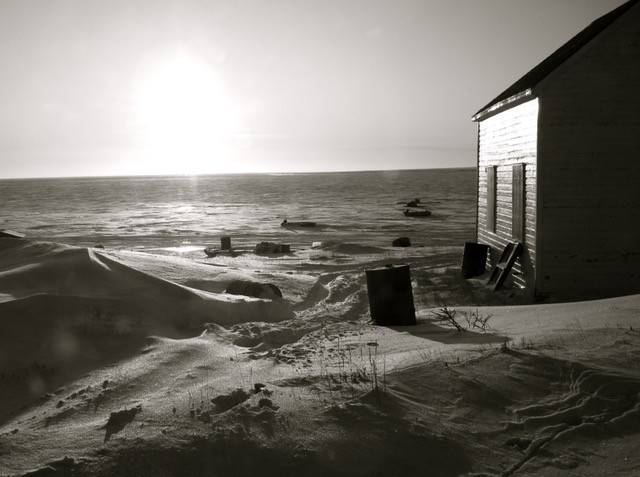
McIntyre’s time with the program will most likely end before her film is complete. She states how the help provided by Women in View and the people she will meet there will stay an important part of the long process that is filming a feature film.
“There's something really special about these kinds of programs. When you go through it as a cohort [...] you get to know other people's projects and you get to see and understand the passion that they have for bringing those stories to life,” McIntyre said.
Her upcoming film is called The Words We Can’t Speak.
“It's been a story that's really important to me for a very long time and it's a personal story,” McIntyre said. “It's about my grandmother and my great grandmother and how they were sort of taken from the Arctic in the 1930s.”
This specific project, soon to be turned into a feature, is something she has worked through in experimental films and documentaries as well as an essay, making it a personal yet very well acquainted subject for her to bring to life.
Although an electrifying sensation, making a feature film is something that can be quite terrifying.
“It sometimes takes ten or fifteen years to get a feature off the ground. I don't expect that, you know, in three months I'll have shot this thing,” McIntyre explained. “It's got all of the things that you're not supposed to do when you make your first feature. It's got the kids, it's got dogs, it's a period piece. It's in Arctic weather conditions. There are so many pieces about it that make production really challenging.”
“If I can profoundly affect even just one person with a film, then that’s all the justification that I need for making the film.” — Lindsay McIntyre
Despite the challenges to be faced, the director holds onto her excitement.
“I think it's something that people don't know enough about and it's a story about my hero, one of my heroes, my grandmother, and the things that she lived in, that she survived to create a better life for me and all of those people who came after.”
McIntyre is used to making her more experimental movies by herself.
She explained how it will be hard for her not to shoot the whole feature by herself, as she is used to working as a cinematographer and a production designer. The director also works as an editor, editing her own work, and expressed how she did not think she could have anybody edit her pieces for her.
“There's a lot of me in the work that I make [...] it's not very distanced from who I am, even if it's something that isn't necessarily about my life or about my history. It's a lot of me that goes into the making of them. [...] whether it's my fingerprints literally on the film or in the choices that I make in editing and things like that. Every film in a way is like a piece of me that goes out into the world,” the Concordia graduate said.
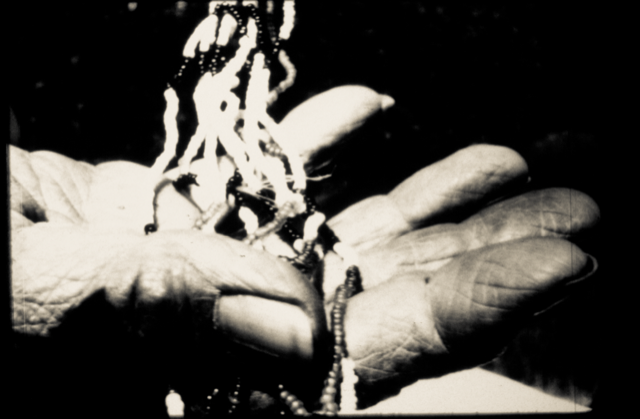
McIntyre’s experience as a video editor and director, as well as her unique perspective as an Indigenous woman, will help her bring to life The Words We Can’t Speak. Although McIntyre’s feature film is not yet ready to be out in the world, the director will be holding a fifteen-minute excerpt reading from her script at the Vancouver International Women in Film Festival this upcoming March.
While awaiting her first feature film to be released, McIntyre’s other pieces can be found on her website, informing the public about her culture in a variety of different experimental films.
“If I can profoundly affect even just one person with a film, then that's all the justification that I need for making the film,” McIntyre said. “It's not about necessarily reaching thousands and thousands of people but [...] every once in a while, I'm lucky enough to get a message from somebody who was really profoundly affected by one of the pieces that I've made. That's why I do it.”

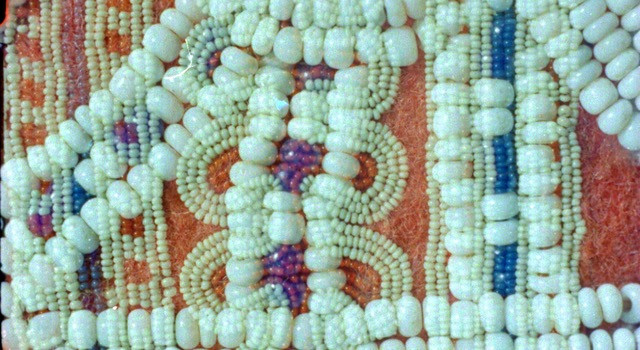


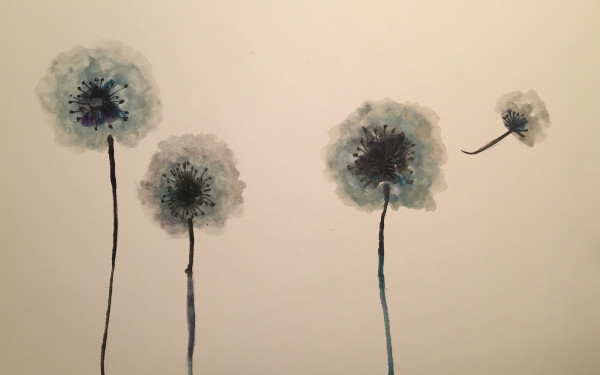

web_600_375_90_s_c1.jpg)